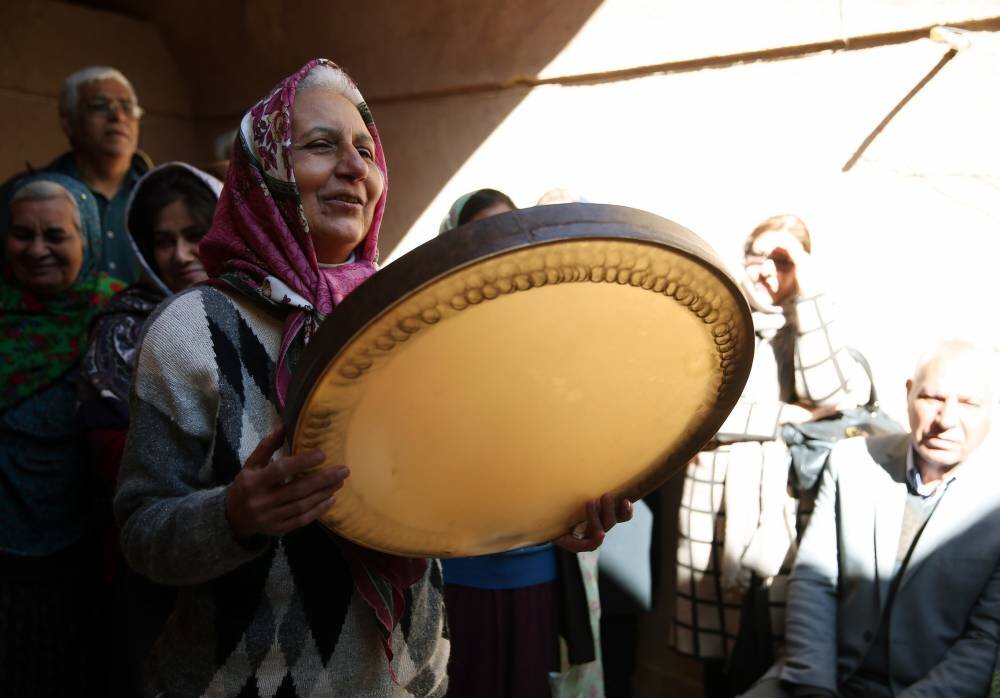Persian ceremony of Mehrgan gains UNESCO label

TEHRAN - The ancient festival of Mehrgan, celebrated in Iran and Tajikistan, has been inscribed on UNESCO's Representative List of the Intangible Cultural Heritage of Humanity.
The joint recognition was announced today during the 19th Session of UNESCO's Intergovernmental Committee for the Safeguarding of the Intangible Cultural Heritage, held in Paraguay.
Mehrgan, which coincides with the autumn equinox, is a celebration of gratitude for an abundant harvest and a tribute to nature’s bounty. Rooted in the Zoroastrian tradition, the festival is named after Mehr, the deity symbolizing friendship, peace, and solidarity.
Available evidence suggests that the ceremony's origins trace back to antiquity, making it a vital part of cultural identity in greater Iran that now includes both countries.
In Iran, Mehrgan is celebrated primarily within Zoroastrian communities, as well as in rural Muslim ceremonies. The festival involves diverse rituals, including the recitation of Zoroastrian sacred texts, the setting of a traditional tablecloth adorned with seasonal foods, and the preparation of special dishes. Music, local wrestling, and communal feasts are integral parts of the celebrations. In urban centers, the festival is less common but remains significant in specific regions such as northern Iran and among Zoroastrian communities in provinces like Yazd, Fars, and Tehran.
In Tajikistan, Mehrgan is celebrated as a post-harvest Thanksgiving festival, emphasizing shared customs such as feasting, music, and community gatherings. Farmers and gardeners are key participants, reflecting the festival’s agrarian roots. The event is also an important occasion for social cohesion, bringing together people of all ages, genders, and backgrounds to foster mutual respect and solidarity.
UNESCO’s recognition highlights the festival's role in promoting peaceful relations and cultural continuity. It underscores Mehrgan’s significance as a living tradition that bridges religious and cultural divides. "Mehrgan exemplifies the enduring power of cultural heritage to unite communities and celebrate nature's gifts," UNESCO stated.
The inscription process for Mehrgan was a multi-year effort, with the festival initially proposed for recognition in 2019 and revised multiple times. Experts worked to address questions about its contemporary practice, particularly in Iran, where it faces challenges of declining observance outside Zoroastrian communities. However, UNESCO acknowledged the shared commitment of Iran and Tajikistan to preserving and revitalizing this heritage.
In addition, Mehrgan joins Nowruz as a recognized cultural tradition shared by multiple nations, reinforcing the enduring cultural connections across Central and West Asia. With this inscription, Mehrgan is celebrated not only as a historical tradition but also as a testament to the power of cultural heritage in fostering unity and gratitude.
AM
